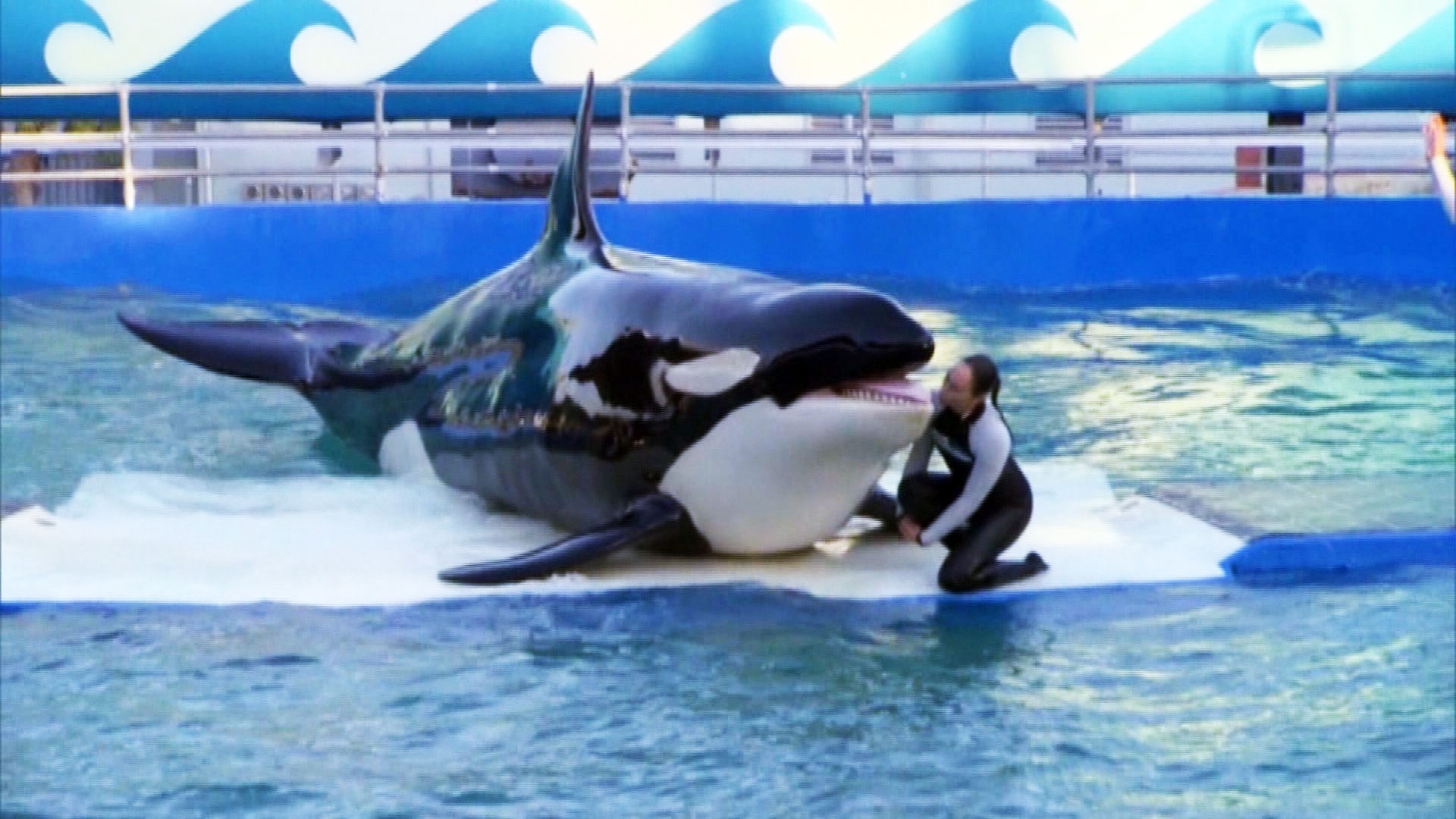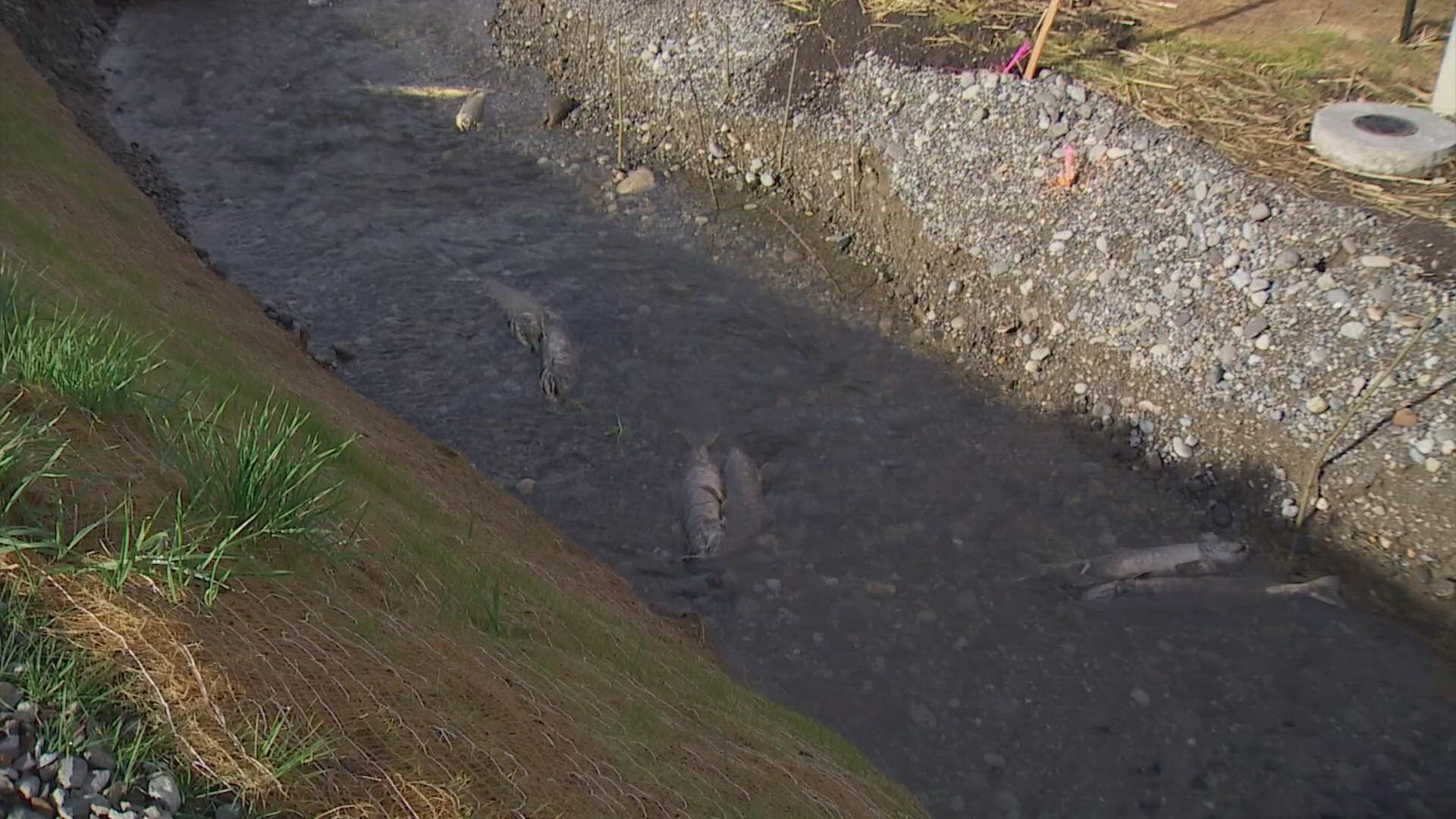SEATTLE -- The National Oceanic and Atmospheric Administration (NOAA) issued a final ruling extending Endangered Species Act (ESA) listing to a theme park orca in Miami.
Lolita has spent the last 45 years at the Miami Seaquarium after being captured in Puget Sound's Penn Cove in 1970.
In recent years there has been a unified effort to free Lolita and return her to her native Southern Resident whale pods, which NOAA listed as endangered in 2005.
PETA joined the fight and sued NOAA to add protection under the ESA to Lolita.
Even though NOAA did that Wednesday, it also said:
"While Lolita will now share the endangered listing status of the population she came from, the decision does not impact her residence at the Miami Seaquarium."
Seaquarium officials interpreted that to mean they will not be asked to release Lolita and issued a statement that said in part:
"Lolita has been part of the Miami Seaquarium family for 44 years. Just because she was listed as part of the Endangered Species Act does not mean that she is going anywhere," said Andrew Hertz, General Manager at Miami Seaquarium. "Lolita is healthy and thriving in her home where she shares her habitat with Pacific white-sided dolphins. There is no scientific evidence that the 49 year-old post-reproductive Lolita could survive in a sea pen or the open waters of the Pacific Northwest and we are not willing to treat her life as an experiment."
But Howard Garrett, Director of the Orca Network group, said the NOAA ruling opens the door for anyone to sue the Seaquarium for violation of the ESA. He said there are already legal actions underway which he claims will eventually lead to Lolita's return to the Puget Sound and the wild.


